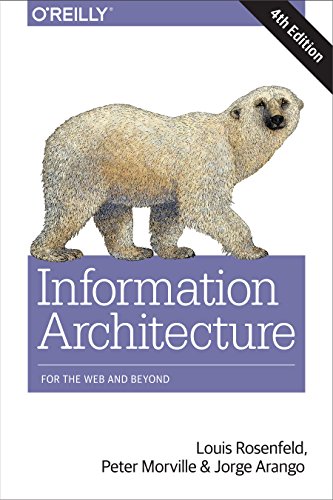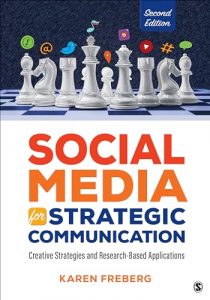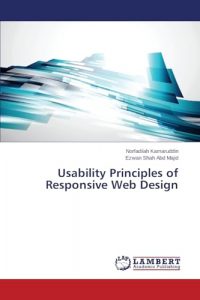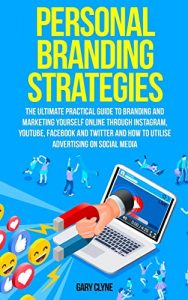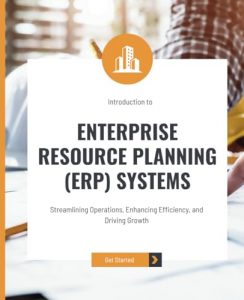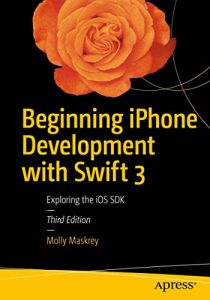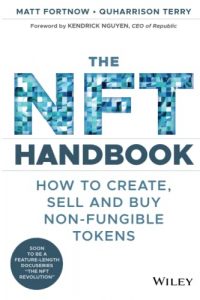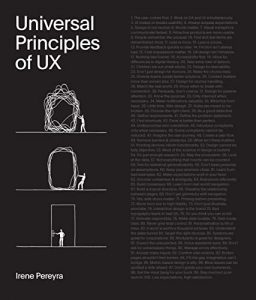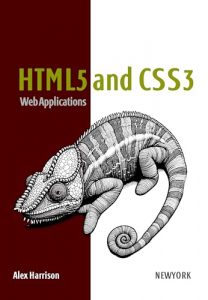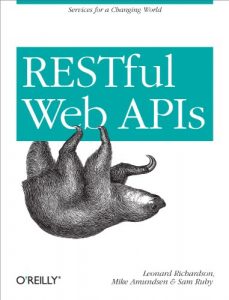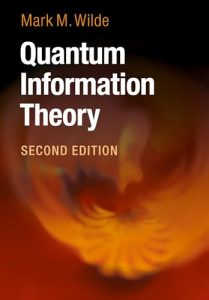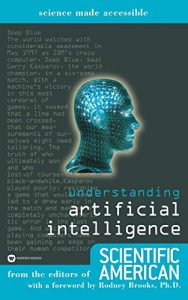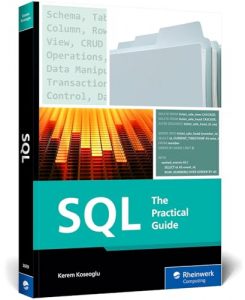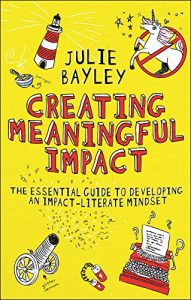Discover the World of Information Architecture
In the digital age, understanding how to structure and present information is crucial for any professional involved in web design, user experience, or digital content creation. Here are 10 must-read books that delve into the intricacies of Information Architecture.
1. Information Architecture: For the Web and Beyond
This comprehensive guide by Louis Rosenfeld, Peter Morville, and Jorge Arango offers a foundational understanding of Information Architecture (IA). It’s revered for its well-structured content, making complex concepts easy to digest. This book helps readers understand the relevance of labeling, navigation, and search systems in enhancing user experience. If you’re seeking to improve how information can be organized and accessed on the web, this book is a cornerstone for your library.
2. Designing Information Architecture: A Practical Guide to Structuring Information Spaces to Meet People’s Needs
Pabini Gabriel-Petit’s book puts practical tools and strategies into your hands to design effective information architectures. It emphasizes understanding the end-user needs and creates systems that cater to those needs, making it a must-read for both novice and experienced practitioners. The blend of theoretical framework and real-world applicability makes this book a vital resource for anyone aiming to enhance their skills in structuring digital environments.
3. How to Make Sense of Any Mess: Information Architecture for Everybody
Abby Covert provides insights into simplifying complex information structures. This book stands out for its accessibility, breaking down IA concepts for anyone, regardless of their technical background. It encourages readers to recognize patterns in the chaos of information and communicate ideas effectively. A truly essential read that demystifies IA concepts while empowering everyone to tackle information design.
4. Everyday Information Architecture
Lisa Maria Marquis’s book illustrates how IA principles can benefit everyday tasks and challenges. By integrating practical everyday examples, Marquis allows readers to witness IA in action, showcasing its relevance beyond traditional applications. This is a great starting point for those looking to apply IA concepts in both professional and personal projects, promoting a culture of clarity in communication.
5. Understanding Context: Environment, Language, and Information Architecture
In this insightful book, Andrew Hinton explores the importance of context in IA. He emphasizes that effective information design requires understanding users’ environments, language, and behavior. With real-world case studies, this book dives deep into how context shapes interaction and understanding, making it an essential read for those eager to develop more user-centered digital experiences.
6. Information Architecture for the World Wide Web: Designing Large-Scale Web Sites
Peter Morville and Louis Rosenfeld, two leading figures in IA, bring you an authoritative perspective on designing large-scale websites. This book outlines key frameworks for managing complex information structures, making it a go-to resource for web designers. Their methodologies help ensure clarity and functionality in vast amounts of data, making it an invaluable guide for professionals facing large digital spaces.
7. Information Architecture and UX Design: The Integration of Information Spaces
This book by Wei Ding, Xia Lin, and Michael Zarro emphasizes the interplay between Information Architecture and User Experience Design. They present a holistic view which merges these two critical components for digital success. By focusing on integration over separation, this book equips readers with the insights needed to create cohesive web experiences that resonate with users.
8. Information Architects
Richard Saul Wurman, a pioneer in the field, provides an exploration of the role and importance of information architects. This book dives into the creative processes and thought patterns of successful architects, showcasing their approaches to solving the chaos of information. A reflection on the artistry behind IA, this book is a must-read for those eager to explore the design aspect of information structuring.
9. IT Architecture For Dummies
If you’re looking to begin your journey into the world of IT architecture, Kalani Kirk Hausman and Susan L. Cook’s guide simplifies complex concepts with a friendly tone. Written for beginners, it covers everything from theory to real-world applications, making it a practical choice for those new to IA and looking to build a solid foundation.
10. Pervasive Information Architecture: Designing Cross-Channel User Experiences
Andrea Resmini and Luca Rosati explore how to create seamless user experiences across multiple platforms in this essential read. They delve into cross-channel design strategies that cater to user behaviors in different environments, making this a relevant guide for professionals in an increasingly interconnected world. Their insights will empower you to create richer, more engaging experiences across devices.
All these books are essential reads for anyone serious about mastering Information Architecture. Whether for personal growth or professional development, they provide valuable insights into structuring information for optimal user experience.

